Emotional outbreak Z
Emotional outbreak Z
↗ Health and wellness
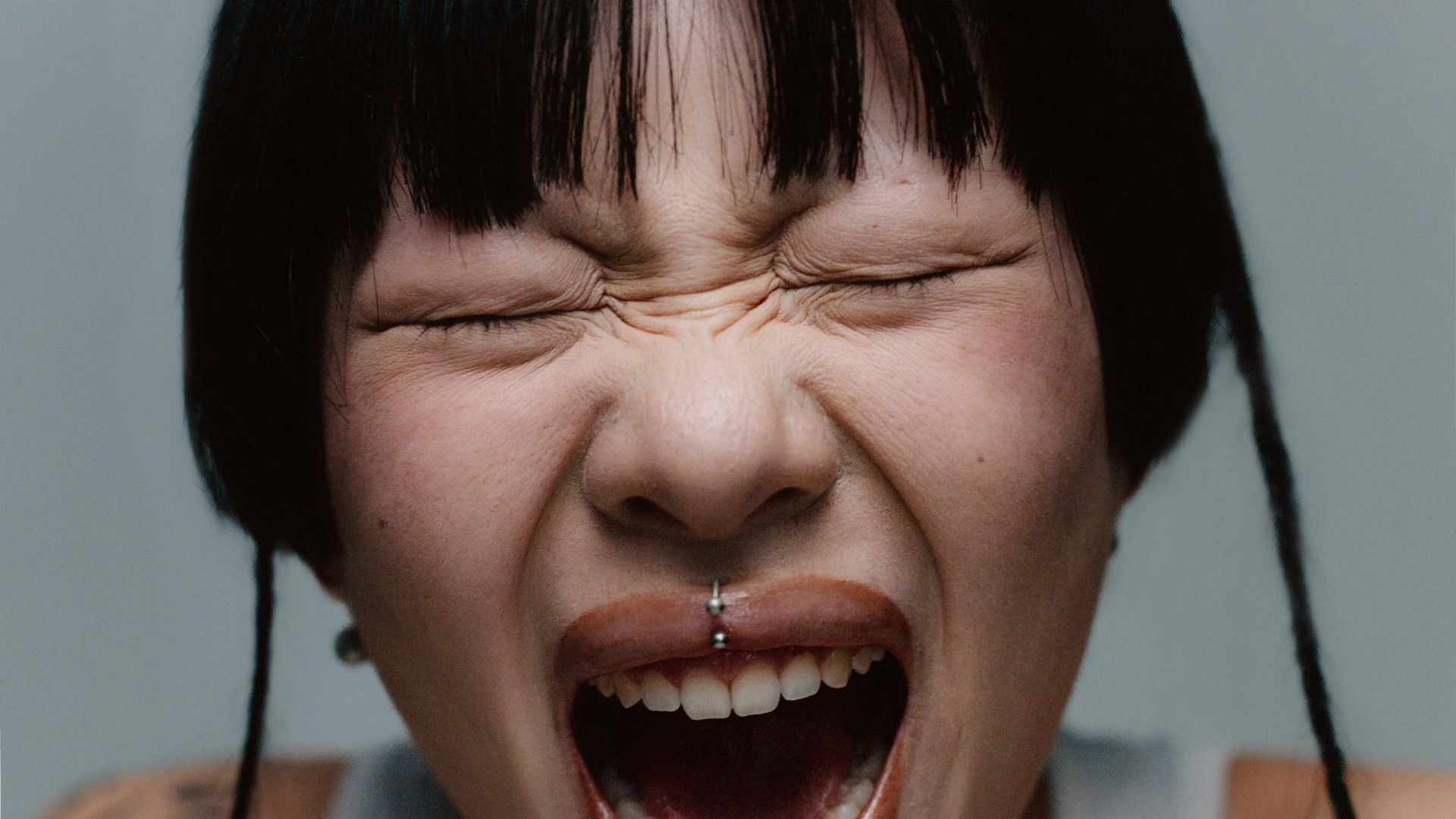
↗ A study carried out by dot. through its analysis platform The Future Game and in collaboration with BBK Fundazioa on the emotional health of young people.
At The Future Game we wanted to approach the subject of emotional health in a constructive way, focusing on the day-to-day elements that can contribute to well-being on a day-to-day basis. To do this, it has been essential to carry out an in-depth diagnosis of the current situation and to understand what are the individual and structural levers that define the well-being or discomfort of young people. The project aims to delve into the experiences and practices that young people define as decisive for their state of mind and to understand the effect that their worldview has on it with the intention of finding areas of opportunity on which to act in order to build habits and lifestyles that lead us as a territory to emotional well-being.
This work aims to serve as a basis for the definition of innovative formulas that provide clues about the new social orography, which new spaces have come to stay and which places have been buried forever.
After more than four years of global pandemic, coupled with accelerating inflation, climate disasters and now a war on Europe's doorstep with the Israeli-Palestinian conflict, Generation Z faces a complex and uncertain world as they transition into adulthood.
When people speak of infantilization associated with this generation, it often refers to immature behaviour and a lack of responsibility in line with their stage of development. It is a debated issue, but there are social and economic changes that may provide some clues to explain this phenomenon:
1 | Prolonged adolescence
Generation Z youth (born roughly between 1995 and 2010) are facing a slower transition to adulthood. Factors such as rising education and housing costs, job insecurity, and delays in starting families or becoming independent may make this generation feel less pressure to take on adult responsibilities at a young age.
2 | Technology and social networks
Constant access to technology and social media fosters a culture where everyday life revolves around forms of entertainment and content designed to be quick, easy to consume and, in many cases, superficial. This may contribute to young people maintaining interests and behaviours more associated with earlier stages of development, such as attachment to certain types of entertainment or more simplified communication.
3 | Changing social expectations
Social norms about what it means to be an ‘adult’ have also changed. Previous generations were often forced to take on adult responsibilities from an early age, such as working, getting married or having children. However, today's expectations allow more time for personal growth, study, and exploration of interests before taking on these roles.
4 | Economy and labour context
Job insecurity and the global economy have made the younger generations less job and economic secure, prolonging their dependence on their parents. This lack of stability can be perceived as a delay in the maturing process.
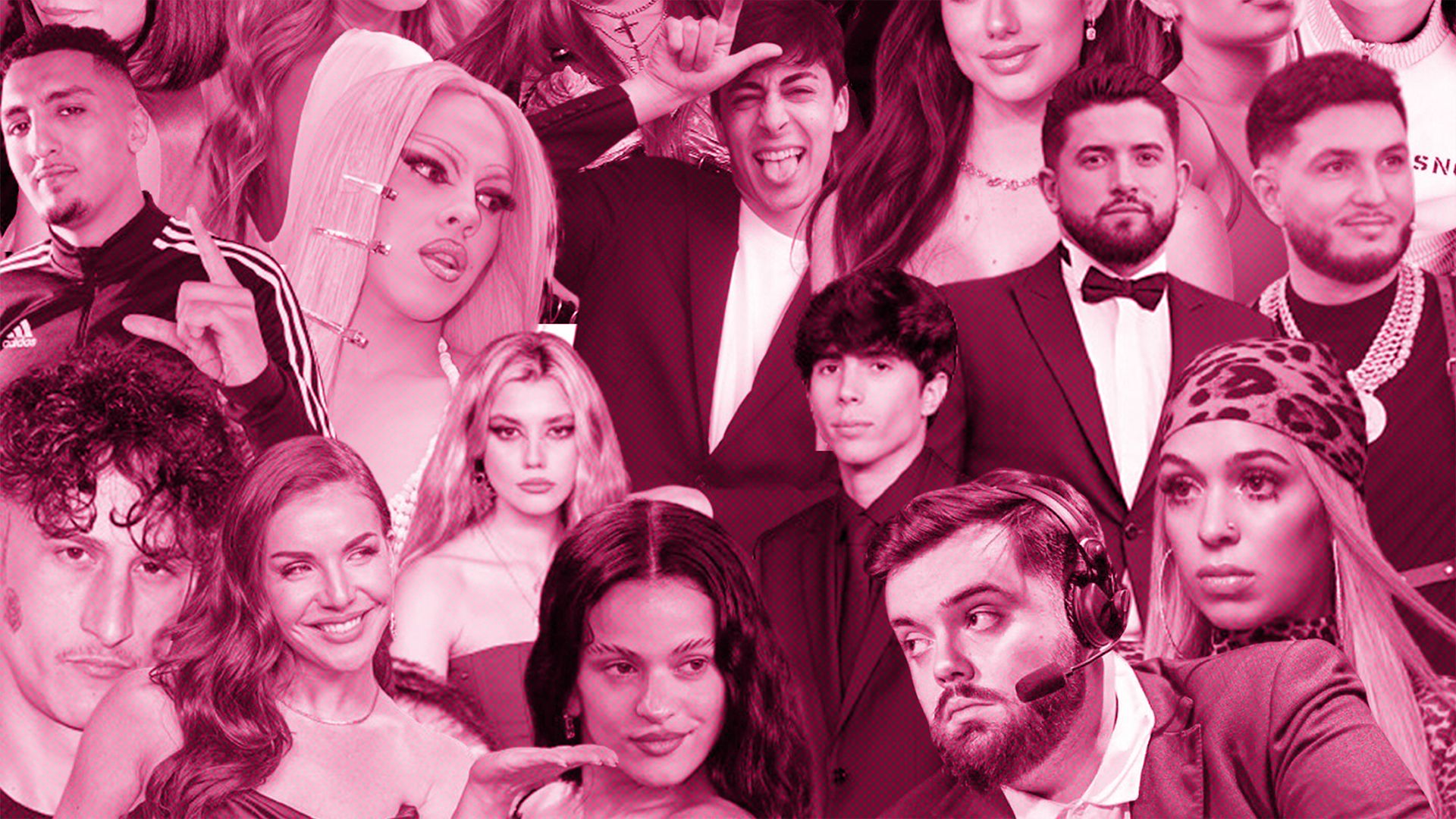
‘Glass generation' is the expression often used by more mature generations to disparagingly refer to Generation Z, identifying them with an often, in their view, unjustified fragility. This judgement of them directly affects their self-esteem, even making them doubt the legitimacy of their emotions and experiences, and can create a barrier between their generation and others.
La división y enfrentamiento con las generaciones más adultas ha hecho que sea muy endogámica en términos generacionales. El poder de las redes sociales y el mundo digital ha hecho que las barreras se difuminen y puedan encontrar fácilmente comunidades digitales de iguales. En esta lógica de homogeneidad han creado sus nuevos parámetros del bien y del mal, nuevos lenguajes en los que han construido una nueva cosmovisión que colinda frontalmente con la estructura y normas con las que funciona el mundo tradicional.
[?] Thinking back over the last year, how many times have the following people made you feel bad? (% of total)
↗ DOT S. Coop. (2024). The Future Game. Youth and mental health.
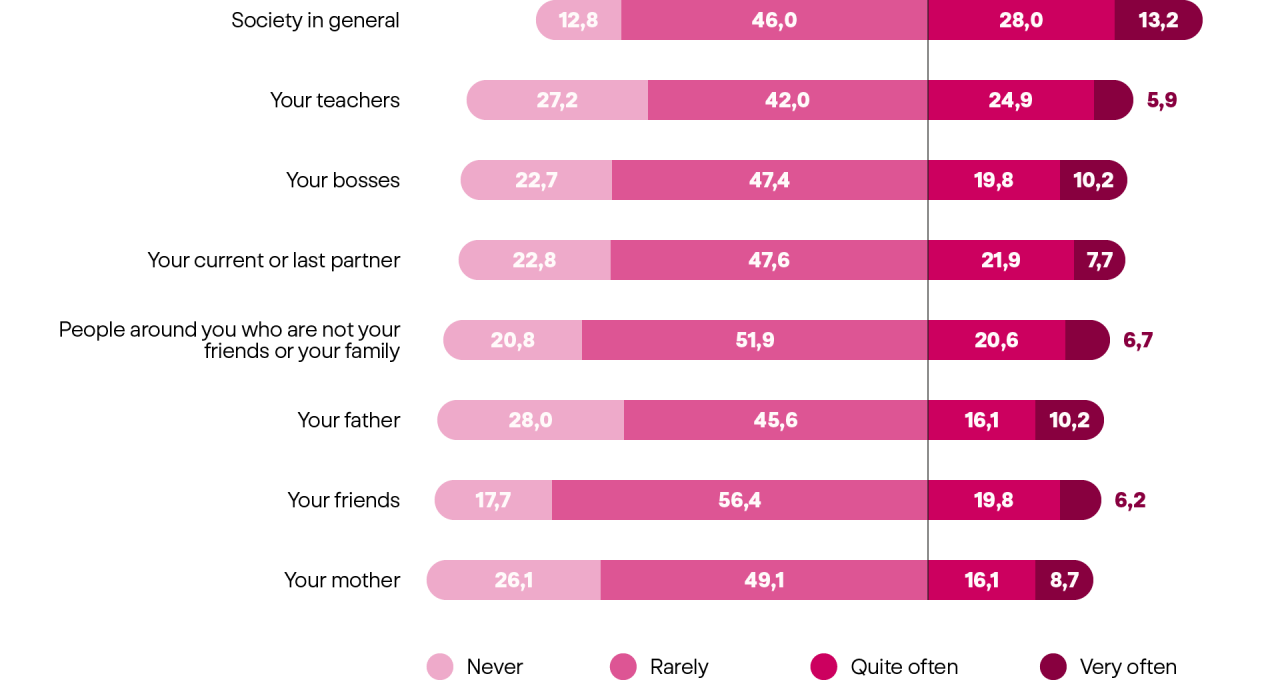
From the concept of work, the importance of leisure, the definition of identity or emotional health are just some of the pillars that challenge the more traditional pillars.
It is common to observe how this generation is talked about and to hear speeches that challenge them, but they lack shared spaces with other generations where they feel welcomed and listened to. Unlike Millennials, this generation does not tend to immediately ‘cancel out’ people or elements from previous generations. Generation Z young people have references in previous generations and trust figures from the X or Boomers, for example. However, they feel that they have few opportunities to engage in dialogue or make decisions together.
"The biggest criticism I've received in my life has been from teachers, I'll tell you that. What I said before, that I shouldn't go into physics. I've been to talks given by professors or professors of physics and they've tried to ridicule me in the middle of the talk, saying that my question was absurd, that it was a silly question.... I don't know if they do it consciously or unconsciously, I understand that they are older people who have grown up in those environments, but at the end of the day you are dealing with young people and you have to be up to date, change your mind a bit."
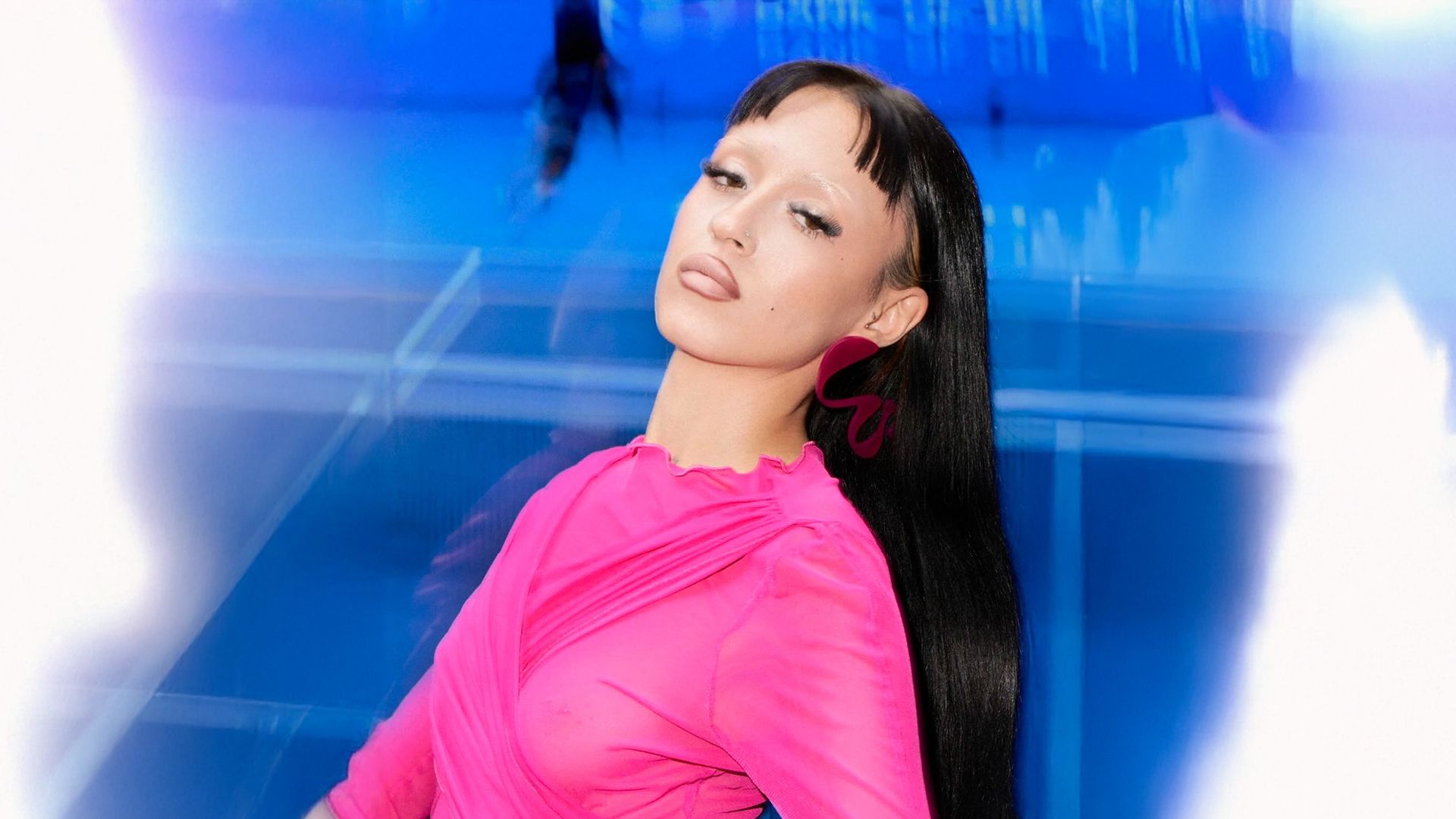
The sense of the frenetic pace at which contemporary societies function is not new. Authors such as Bauman have already theorised about the liquid society, characterised by uncertainty and instability. The speed at which everyday activities are carried out, driven mainly by technological advances, globalisation and the growing demand for efficiency, affects multiple areas such as work, social expectations, information consumption, health and relationships.
In 2009, the New York Times shared a study that found that the average American consumes around 34 GB of data and information every day. That equates to about 100,000 words per day (roughly two books per day or two words per second). At the time, it was predicted that information would grow by 6% per year. However, this was before the emergence of devices and platforms such as iPads, Kindles, Chromebooks, iMessage, Minecraft, Instagram, Snapchat, Twitch, Slack, Alexa and TikTok, among other technological developments of the 2010s. Since the publication of that report, scientists estimate that today we consume an average of 74 GB per day, the equivalent of 16 films. Just 500 years ago, 74 GB of information was what a highly educated person consumed in a lifetime through books and stories.
‘This change of mentality leads to the feeling of being left behind when we are not reaching our ideal of plans to be made, as well as thinking about what we will do next even when we are making one of those plans, which often makes it impossible for us to feel the moment we are living with the intensity we should’.
This is why the need to find moments and spaces for rest is an increasingly recurrent demand. Disconnection appears as the only possible exercise of rest, as a refuge to reconnect with that which has the power to make us conscious.
The market itself has turned this need that more and more young people feel to disconnect into a trend; from multi-million dollar meditation apps to rural coworking or online therapy services. We are talking about the sector known as the ‘Wellness Economy’, with a current global market of 156.8 billion dollars.
Screenshot rescued from X by @SketchesbyBoze below the texts: ‘We lose the habit of reading because we are afraid of wasting time. We think we have to be busy and productive at all times. But people are not machines and we feed on naps, fiction and sunshine, no less than on food and drink.
Philip Pullman was right when he said: ‘After food, shelter and companionship, stories are what we need most in the world’. People cannot live on bread alone; we need beauty, wonder and imaginative fiction to sustain us.
I want to encourage us to engage in things that nourish the heart and the intellect. Study languages, learn a trade, read for learning or for pleasure or for whatever reason. We have needs that can only be satisfied through art and fiction. Let us not deprive ourselves of life's greatest joys’.
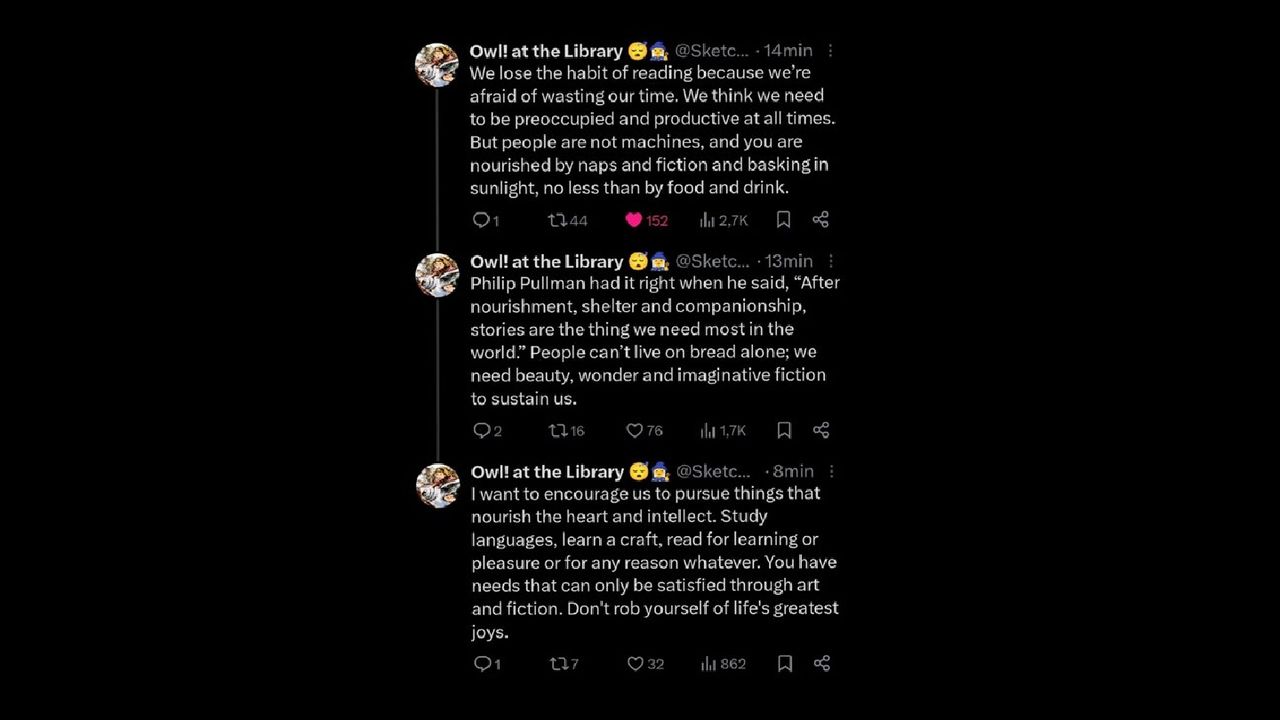
Social networks undoubtedly play an essential role in this reality, as they represent one of the spaces in which this generation spends the most time. Many participants share the difficulty of finding peace during their leisure time, derived from this need to be productive and the inability to disconnect from the consumption of content. FOMO is an acronym for ‘Fear of Missing Out’, which translates as ‘fear of missing out’. It is a psychological phenomenon that refers to the anxiety or concern that others are enjoying rewarding experiences that one is not participating in. This fear has intensified with the rise of social media, where people are constantly sharing their activities, events and achievements.
[?] How often have you felt it in the last year? (% of total)
↗ DOT S. Coop. (2024). The Future Game. Youth and mental health.
Problems falling asleep and the inability to disconnect from networks are common situations for almost half of young Basques, especially among the youngest.
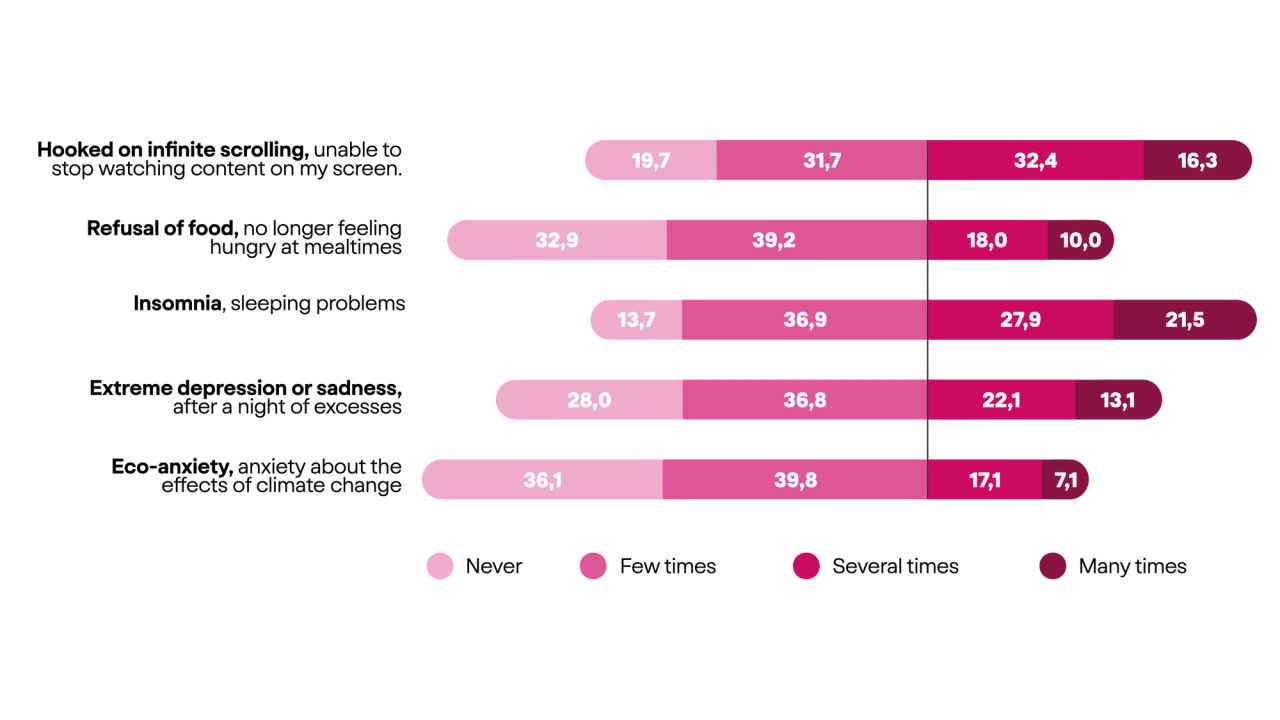
Emotions are at the mercy of the vertiginousness of everyday life with a strong feeling of loss of control. The selected group of young people share the difficulty in connecting with their emotions and deciphering their state. They describe their emotions as a roller coaster, with constant ups and downs that they are not able to control before they overtake them. They find it difficult to find emotional balance as they lack the capacity to do so.
Around 21.9% of young Spaniards aged between 16 and 24 feel lonely, representing the age group that feels the loneliest. It is contradictory that this generation, the same one that leads frenetic lives and has hundreds of contacts on their social network accounts, is the age group that feels the loneliest. Perceived loneliness is the subjective feeling of being isolated or disconnected from others, regardless of whether a person is physically alone or accompanied. The network of friends is gaining increasing weight in narratives as a social structure that is seen as an essential source of support. Young people come to question traditional models of care and give equal weight on the social ladder to their friendship, family or romantic networks.

‘There is a lot of propaganda around the couple, a lot of propaganda about the family, and very little propaganda about how important networks of friends are, and the responsibility you have to have for your physical and mental health (...) Here my partner has it engraved in her heart. This has happened to us (...)’.
Inbreeding fosters the isolation of the community from the rest of society. This can lead to the creation of closed groups that are distrustful of outsiders, limiting innovation, cultural exchange and the development of new ideas or practices. By not being open to outside influences, endogamous communities tend to perpetuate traditions, norms and beliefs, which in some cases can be restrictive or unfavourable to their development and evolution. The consumption of ideals of the future linked to life in a small community of equals at a time when far-right movements are on the rise is doubly dangerous.
At a time in history when the challenge of managing diversity is essential, it is essential to learn and in part to wish to meet the different other, to go beyond the binary and to move towards a new counterpoint.
Dystopian cultural content has deeply resonated with Generation Z, not only as entertainment, but also as a tool to reflect on the challenges they face today. This type of narrative has allowed them to connect with issues such as climate change, government control, invasive technology and social injustices, shaping their critical view of the world and their expectations for the future.
The economic and political reality around them is unstable; something that also directly affects their perspectives on the future. The feeling of not having a firm ground on which to base their lives and build tomorrow is a source of distrust and uncertainty that carries a lot of weight. The disconnection from their individual dreams also manifests itself in the lack of a collective dream for the future as a generation, often being buried in day-to-day disenchantment and apathy.

‘This is all wrong. I shouldn't be up here. I should be in school on the other side of the ocean. Yet you all come to us young people looking for hope. How dare you! You have stolen my dreams and my childhood with your empty words. And yet I am one of the lucky ones. People are suffering. People are dying. Entire ecosystems are collapsing. We are at the beginning of a mass extinction, and all you talk about is money and fairy tales of eternal economic growth. How dare you.’
The main feeling from which eco-anxiety derives is helplessness, they feel dwarfed in a system that does not listen to the needs of the planet and does not respect its limits. They are beginning to experience the consequences of the climate crisis and feel anger at having to seek solutions to problems that are the result of the management of previous generations. They feel the burden of individual responsibility for the solution is heavy.
The generation's environmentalist and feminist values become latent: more than 60% believe that if Millenials and Gen Z govern, environmental care and gender inequality will improve.
[?] If your generation is in power in 2050, do you think it will improve... (% of total)
1 | Caring for the environment and combating climate change → 63,4%
2 | Addressing gender inequality → 63,1%
3 | The economic situation of young people → 57,2%
4 | The protection of LGTBI groups → 53,6%
5 | Integration of migrants → 41,8%
6 | Business start-up facilities → 40,8%
7 | The protection of euskera → 35,0%
↗ DOT S. Coop. (2024). The Future Game. Youth and mental health.
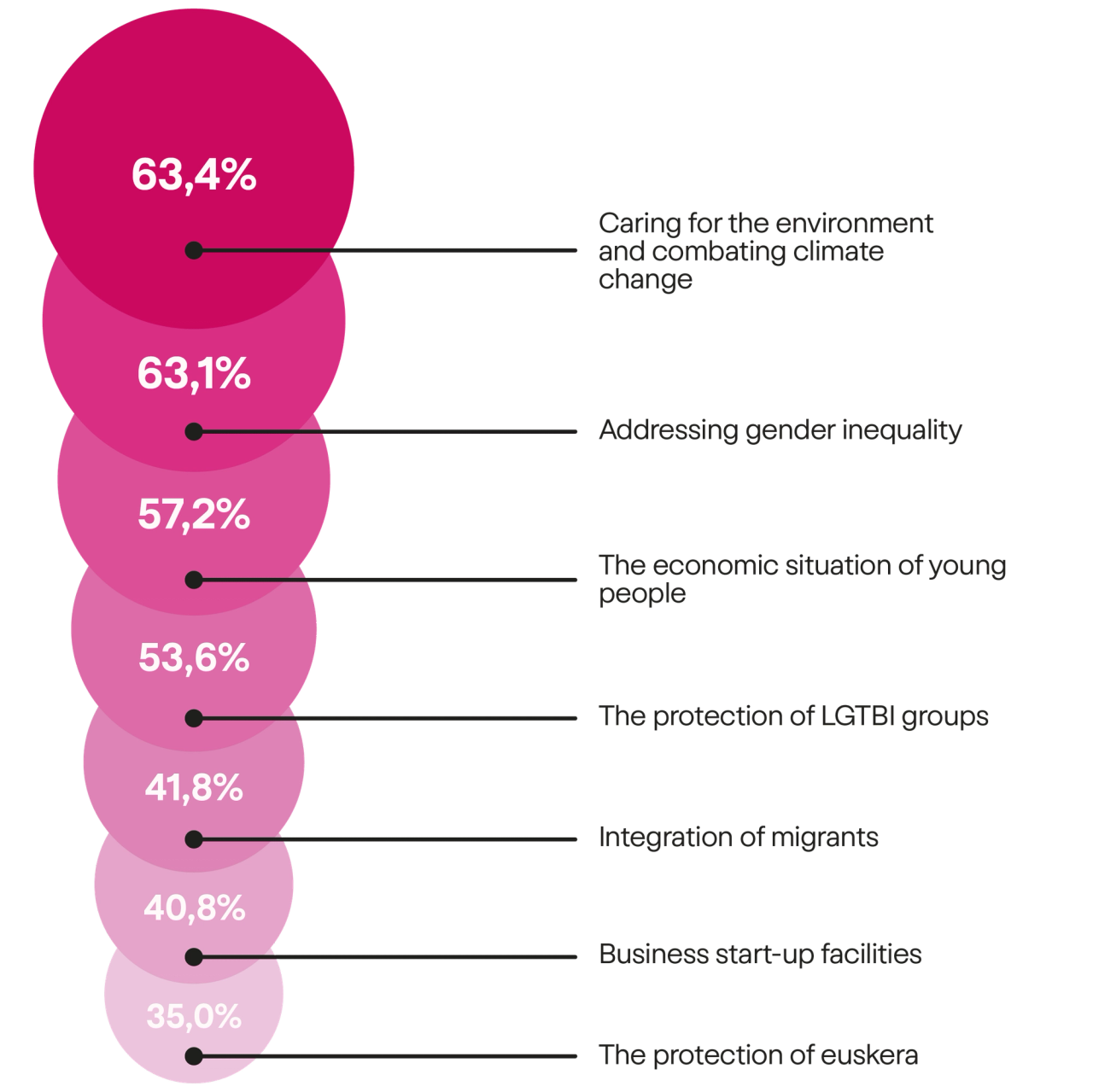
It has been a few years since Generation Z entered the labour market, bringing with them their own ambitions and codes. The instability that surrounds them has made them seek ground in the workplace. While the previous generation, the millennials, dreamed of travelling forever and not working, these young people see employment as a source of security to face a world full of uncertainties.
The work environment represents, in many cases, their first contact with adult life; a new facet of their identity. This is why work thus becomes a key space for their well-being, an element that fundamentally affects their mental and emotional health. If this first work experience is positive, their self-esteem and contribution increases significantly, but if it is not, the consequences can be devastating.

‘It's been a year since I turned my passion into a profession; leaving a permanent job (yes, your comfortable monthly salary, your annual leave...). I gave up that peace of mind to do what I wanted to do. It was not an easy decision. It is what is expected of you; marrying the first person I met, buying a house, becoming a mother.... I've failed a lot of people close to me, but I'm in charge of my life. What... of course... How do I change my job? ‘Oh, how embarrassing I'll be to my mother. What will people think of me? But I finally dared. Sometimes we go through life in automatic mode, without paying attention to what we want, immersed in that comfort and conformity.’
This generation seeks to blur the personal-professional barriers that have traditionally marked work environments. They seek to be authentic, not only in their interactions with other people, but also in the way they perform their tasks and contribute to the organisation's objectives. They expect naturalness in their work interactions as a tool for comfort and also for well-being, thus humanising these traditionally more aseptic environments.
It is undeniable that the volcano that has erupted thanks to Generation Z has put the issue of emotional health at the centre of the table. This generation has uncovered a traditionally taboo topic at the centre of conversations, workplaces, media narratives and requests to institutions.
The main findings of the process can be transformed into strategic areas for the development of projects with emotional well-being. These areas are presented in a broad form that allows working in a creative process through which to define concrete interventions.
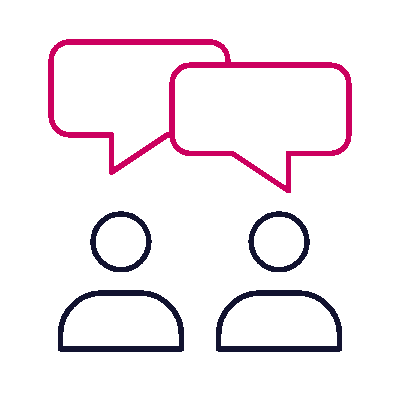
Creation of spaces for intergenerational accompaniment and dialogue.
In the horizontal encounter with people from other generations, younger people find an opportunity for growth and accompaniment. Many have never had the opportunity to create a peer relationship with an older person and this experience can be for many a source of knowledge and experience, perspective, balance, companionship and many other ingredients that contribute to good emotional health.

Activating communities of care
One of the great yearnings of Generation Z is for community in their daily lives; a network of people they can count on to care for and be cared for. Being a member of something does not necessarily mean belonging. In this sense, it is proposed to support the collectivisation of common spaces: can we make, for example, neighbourhood staircases or sporting environments spaces of care?

The reservation of spaces for silence and self-regulation
In a market that is exhausting its creative energy with ever more numerous and intense proposals, the young generation is looking for spaces to escape from the frenetic pace. The cultural offer and the dissemination of healthy habits (already existing channels within BBK) can be effective mechanisms to meet this need.

Collective hope and desirable futures
The creation and visibility of desirable futures, which do not increase feelings of fear about their own future, are essential for young people to build their lives in a constructive rather than reactive way. However, for this creative exercise to be meaningful, we must also improve the reality of precariousness and instability they face.

Support for the care of workspaces
The workspace, as a key environment for young people's well-being, offers many opportunities for transformation. Making all organisations friendly and healthy places to work requires a complex cultural transformation, which BBK can make visible and model through different projects and networks that want to become ‘safe workspaces’.
